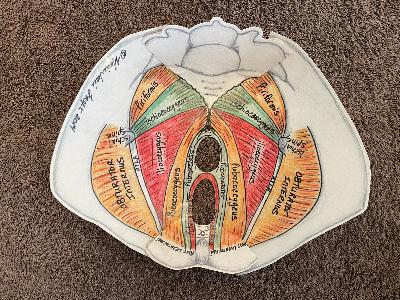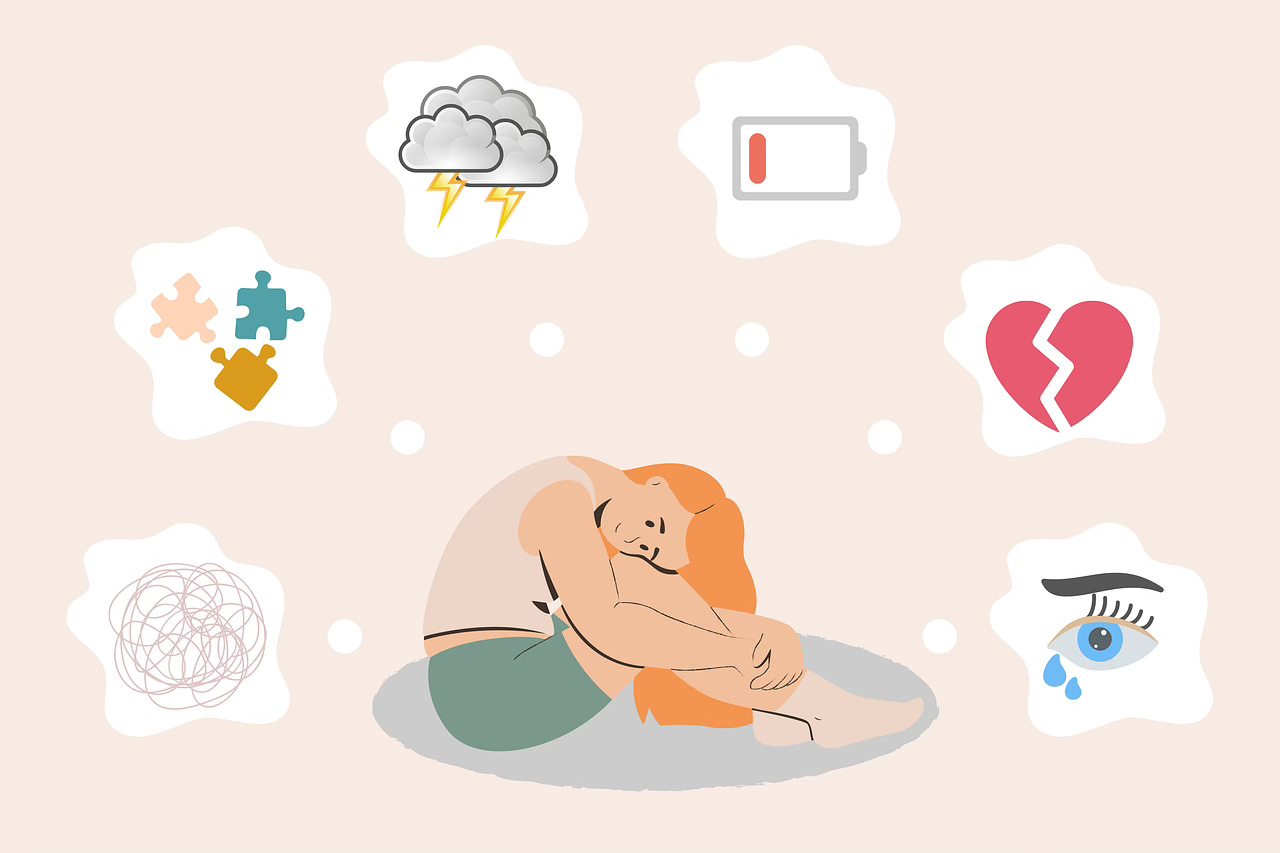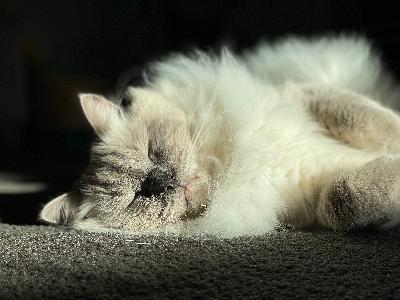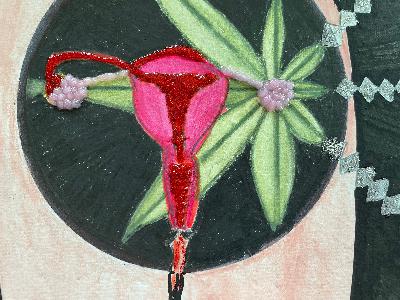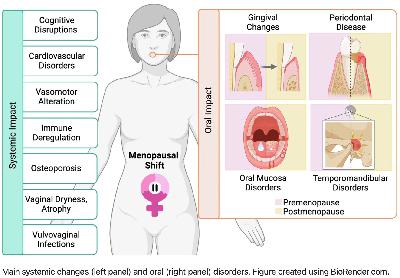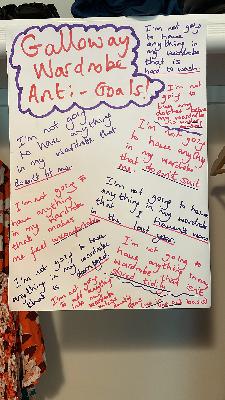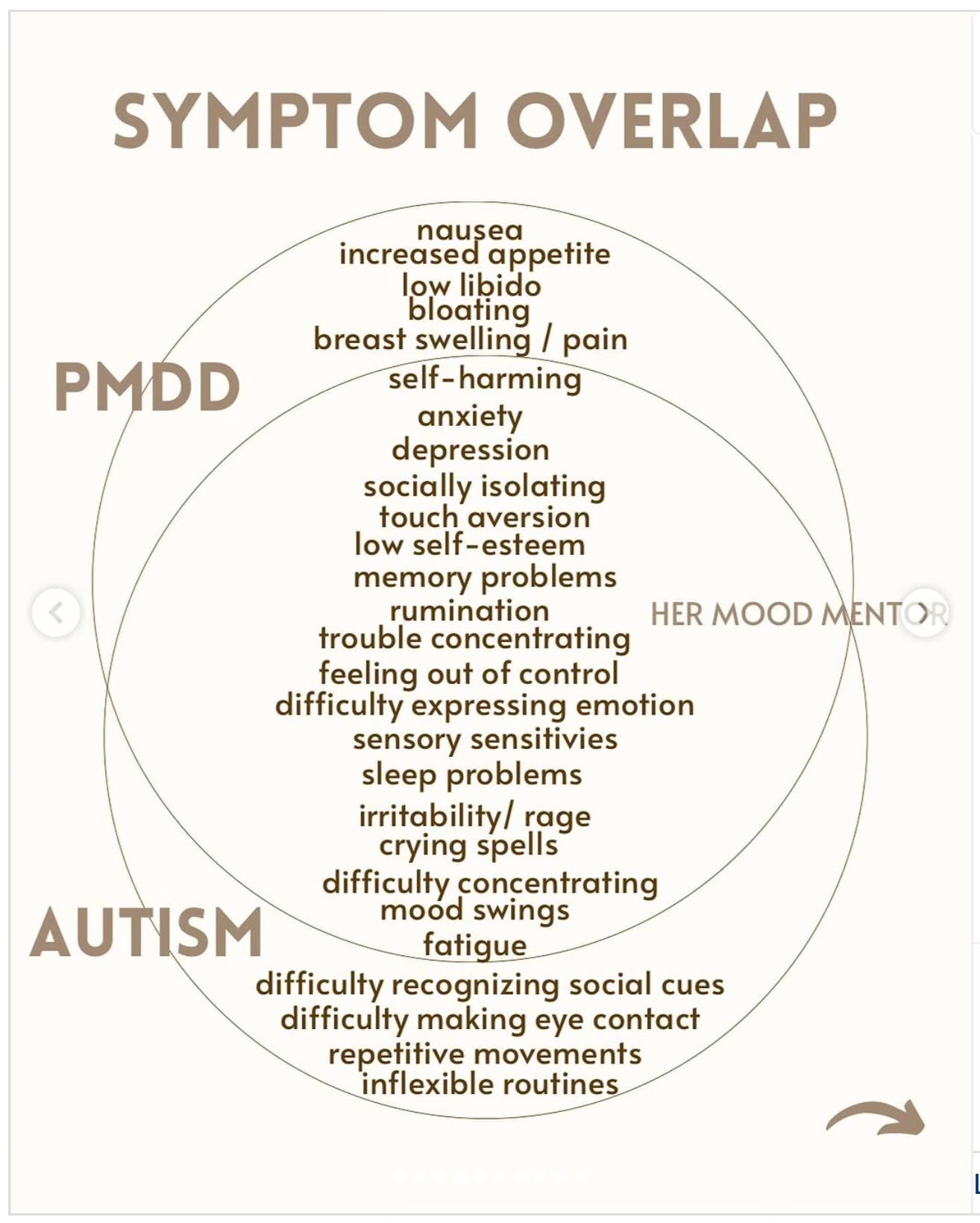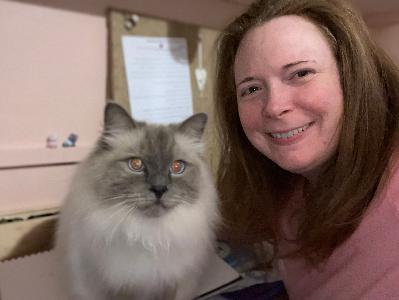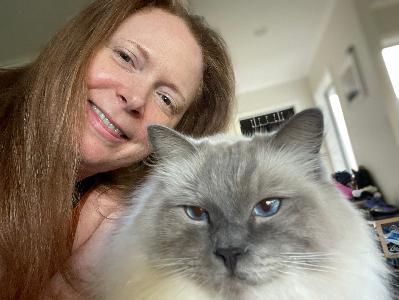Urinary Incontinence in Perimenopause and Beyond
Description
How has this happened?
Birthing two big babies vaginally over a decade ago has finally backfired on me. It’s been a slow burn, with bumps along the path that have led me to a diagnosis of mixed urinary incontinence. It shouldn’t come as too much of a surprise because I experienced extreme fecal urgency shortly after having my first son. He was born weighing a mighty 9lbs 6oz, and required an episiotomy, where the doctor took a pair of scissors to my perineum to dislodge him from my birth canal. I had begged them not to. Being a hyper independent woman, I wanted to “do it alone”, which I could have done, had the maternity staff not insisted on relocating me when I was already in transition from a pool for labouring mothers into a stark clinical birthing room.
Their interference stalled my progress, leading to me feeling emotionally unsafe. Repeatedly I asked them if I had pooed myself yet, since I had learnt during antenatal classes that this was a natural sign that the baby’s birth was progressing. I had wanted to poo myself, but they misread this repetitive question for paranoia, anxiety, or something else that I should not have been made to feel in my vulnerable state.
Everything slowed down to almost a standstill, and I ended up being instructed to lay flat on my back, feet in stirrups being told to “Push him out of your bottom!” Really it was all a recipe for fecal incontinence, and I have done well to recover especially considering that my GP at the time dismissed this as normal.
Baby two born three years later was even heavier at 9lbs 12oz. I water-birthed him at home as an active resistance to unnecessarily over-medicalising his birth. This time around I tore, and stitches healed well after both births.
My youngest was almost born in the downstairs toilet, as I was able to completely relax my pelvic floor muscles whilst sitting there, and felt the most comfort in a very uncomfortable situation.
What is wrong with me now?
Vaginal childbirth is often a contributing factor to later developing bladder incontinence, which seems to be the case for me. Leaking urine didn't really start until my kids became enthusiastic about playing on trampolines, and I wanted to get involved. Going for a wee right before a bounce was not enough to prevent me weeing again immediately mid-bounce. That was a few years ago, and I now know to stay well away from trampolines.
My avoidance served me well again for a while, but very recently the leaking has become regular and with less obvious reason.
I tried ignoring it and hoping it would just stop.
It didn't.
So I tried wearing period undies and thinking I could get away with it.
Because everyone complains about leaking sometimes, right? A sneeze or a cough can be a common and seemingly unavoidable trigger.
Besides, my advertising algorithm is now full of curvy, happy midlife women wearing incontinence pads and living their best lives!
I thought it was normal and I just had to put up with it. Although my keen sense of smell meant that I would worry that I smelled of urine. It is one thing to know I have this problem without other people knowing about it too!
But then the leaking started happening during my twice weekly personal training sessions. I love working with my trainer, and I told her what was going on. I started following the programme she set me to strengthen, and learn to relax, my pelvic floor.
Last Friday it got so bad that I was leaking during the training sessions actively intended to stem the flow. What was wrong with me?
Reverse lunge, drip.
Reverse lunge, drip.
Reverse lunge, drip.
Luckily that was the same day that I was seeing the gynaecologist to self-advocate for my hysterectomy. The approval granted for the surgery was a huge weight off my mind, yet the weight of my burgeoning bladder persisted. The gynaecologist internally assessed me and diagnosed a stage one pelvic organ prolapse.
Finally, I had an acceptable explanation for my urinary incontinence. It was a medical issue and not a moral failing on my part. I could live with that, and I found it oddly reassuring.
All weekend I wondered if the prolapse could soon be repaired surgically during my upcoming hysterectomy. I felt vindicated in my urine leaking pattern - of course I was leaking if I had a prolapse. The prolapse must have occurred whilst birthing my baby boys, and I was asymptomatic until now.
But then I worried that the surgery could in fact exacerbate the pelvic organ prolapse, worsening my bladder control. I knew I needed to be proactive in managing this condition, after listening to a great podcast episode on the topic:
Why see a pelvic health physiotherapist?
Here is a good visual explanation of what the female pelvic floor is and why it matters:
Physiotherapist Fiona Rogers talks us through what the pelvic floor is and how it works.
Do you know how to do a pelvic floor exercise properly or have you been taught to just suck everything up and in? Watch here how to do it properly.
Fiona firmly believes if you understand where the muscles are and how they work then you are more likely to understand and learn how to exercise them properly.
Credit: Pelvic Floor Exercise
Hormonal changes during menopause can significantly impact the pelvic floor muscles, contributing to symptoms such as urinary incontinence, vaginal wall prolapse, and sexual dysfunction.
A pelvic health physiotherapist can assess for muscle weakness, overactivity, or imbalance and develop individualised treatment plans. Interventions may include physiotherapy-guided pelvic floor muscle training, manual therapy, biofeedback, and structured relaxation techniques.
These strategies are designed to restore muscular strength, coordination, and neuromuscular control, which supports continence, vaginal wall integrity, and overall pelvic health.
Credit: Positive Pelvic Health
Already armed with some basic information on my new hyper fixation, I reached out to Jennifer Dutton of Positive Pelvic Health. Jennifer is a pelvic floor physiotherapist who had been highly recommended to me. Amazingly, she offered me a cancellation for an in person initial consultation the very next day.
Knowing that verbally retelling my medical issues is overwhelming for me, I brought along the notes I had prepared for the gynaecologist appointment. Jennifer took a very thorough medical background and was empathetic and reassuring.
Upon internal examination, both standing and lying down, Jennifer said there was no pelvic organ prolapse present. She explained that vaginas and other organs supported by the pelvic floor will show natural signs of aging in midlife, as our skin loses collagen and oestrogen, also evidenced externally by how our faces, breasts and stomachs may also sag.
Here is a video of Jennifer being interviewed about pelvic health, where she explains much of what she told me during my appointment:
I wonder if the gynaecologists see any saggy vaginas in their medical training, as mine obviously can’t be a textbook model anymore!
With my newly undiagnosed pelvic floor prolapse, I was able to spiral into a new panic about whether indeed my urinary incontinence was just a moral failing on my part after all…
What is urinary incontinence?
My current issues, known individually as urge incontinence and stress incontinence, together create a combined diagnosis referred to as mixed incontinence. Yay.
Urinary incontinence is the unintentional passing of urine. It's a common problem thought to affect millions of people.
There are several types of urinary incontinence, including:
* stress incontinence – when urine leaks out at times when your bladder is under pressure; for example, when you cough or laugh
* urge (urgency) incontinence – when urine leaks as you feel a sudden, intense urge to pee, or soon afterwards
* overflow incontinence (chronic urinary retention) – when you're unable to fully empty your bladder, which causes frequent leaking
* total incontinence – when your bladder cannot store any urine at all, which causes you to pass urine constantly or have frequent leaking
It's also possible to have a mixture of both stress and urge urinary incontinence.
Credit: NHS webpage ‘Urinary Incontinence’.
Autism, Interoception and Adult Incontinence
So I am leaking on the regular, and trying not to blame myself for this recurring issue.
It is so normalised yet hidden. TV ads for pads and absorbent pants proliferate, subtly telling us it is okay to leak urine, as long as nobody else knows.
Well, f**k that s**t! When I leak, I tell everyone about it. Part of my neurodivergent profile has been a lifelong shamelessness. I don’t feel a need to hide anything. I refuse to feel shame and embarassment for urinary incontinence, despite having a niggling sense of regret that it is happening to me.
Urinary incontinence is just an

